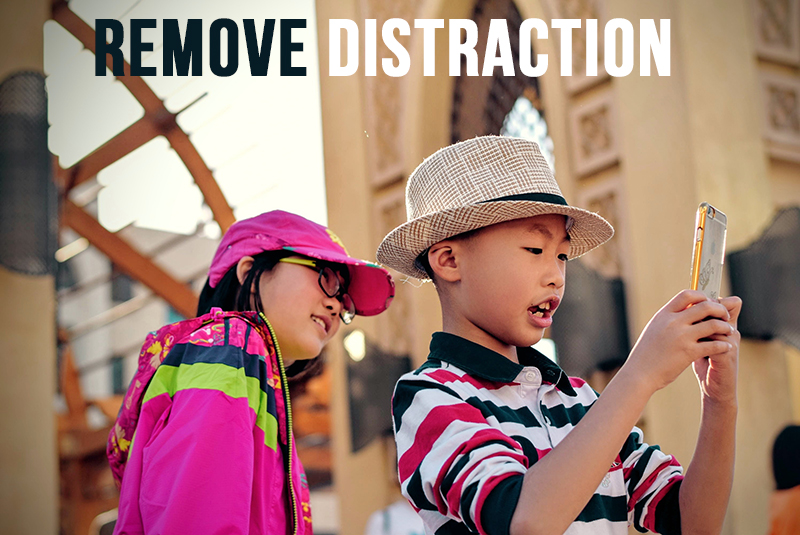
Modernization and innovation continue to change the way we interact with the world we live in. Last year, I read an article written by my friend and colleague Deb Stargardt, titled “Putting Face-to-Face First.” In this article, Deb brings attention to our dependency on technology, specifically smartphones. While I discussed this article last year, I feel like it’s a topic worth revisiting, since the issue has only increased.
Everywhere we look, technology is being used and promoted. It is a constant presence. Commercials are continually demonstrating the supremacy of technology, and one of the new advertising taglines is you can now take your favorite shows and movies everywhere. Even as I perused the comics today—after reading the rest of the newspaper, of course—I noticed 4 strips were about our dependency on technology.
Phones started as a way to communicate. It was a needed advancement in the world of communications. These often-bulky devices were generally located in a central part of the house and were tethered to their home by a tangled chord. In the last century the “phone” has had many faces and has evolved into a pocket computer. A pocket computer that exhibits a fair amount of control over the user: us.
Why is this a problem?
If you had a piece of paper and pen, and made a little tally mark every time you got on your phone, would you have enough room on the paper to last the full day? What are you missing in these moments? Were you in the middle of a conversation, eating dinner with family, meeting with a client, or just trying to finish up some work? What did you deem less important when you chose to look at your phone instead?
But we have to do more than acknowledge the problem and not offer false justification as to why it was necessary. Deb writes in her article, “I choose to think that, unlike most other addictions, our phones actually create value. But just like alcohol, chocolate and lotto tickets, it’s about moderation – a concept of which we Americans seem to struggle.”
So we know it can be a problem and why, but how can we address the issue?
3 Quick Rules to Help Stay Distraction Free
- Designate “no phone” zones. Don’t take your cell phone to bed with you. Make a list of places where you can be phone free and diligently keep it this way.
- Don’t let the phone interrupt your conversation. If your phone happens to ding while you are in mid-conversation, ignore it and focus on being an attentive listener.
- Allow yourself to be disconnected and take time to notice your surroundings. Enjoy that cup of coffee and take a look around. Enjoy life again.
I realize there are always exceptions to these rules, and emergencies do happen; but don’t fall prey to unnecessary distractions. Don’t let technology control you, but instead use it as an efficiency tool. Take time to notice the things around you and choose to put away the small screen.

